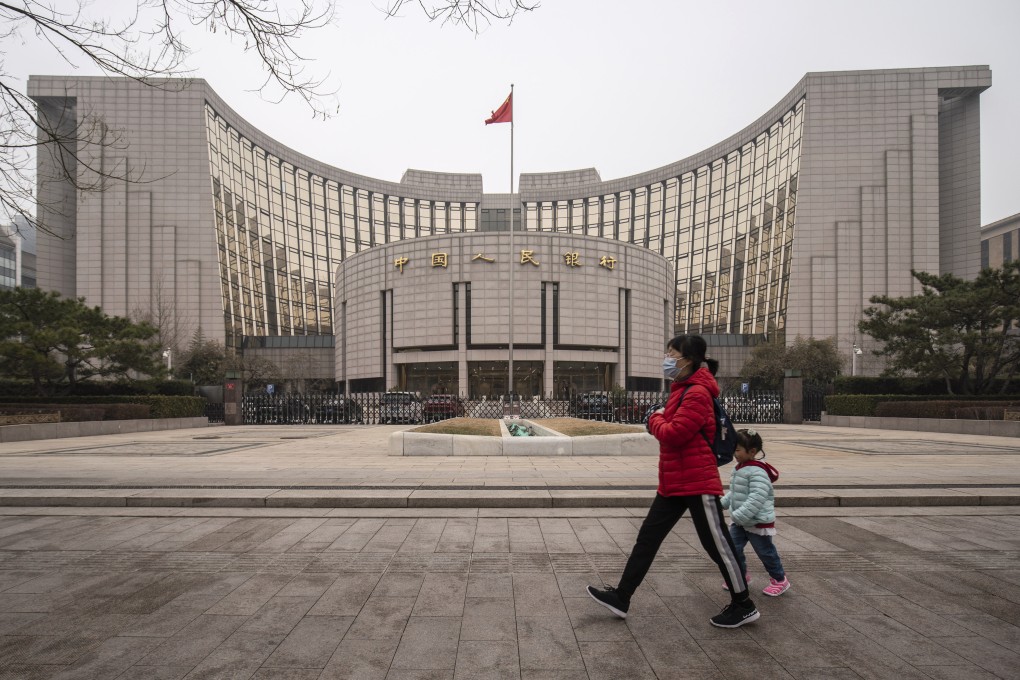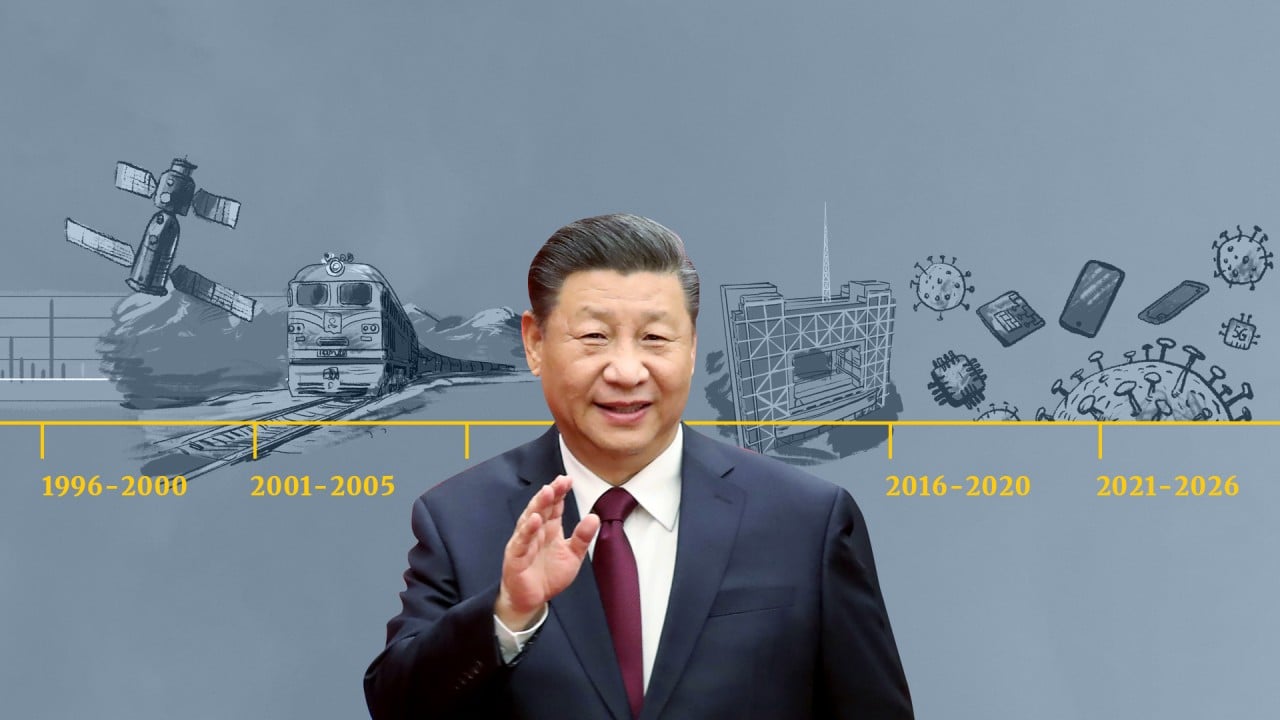Advertisement
Macroscope | Why China is unlikely to turn to aggressive monetary policy tightening
- The magnitude of monetary easing looks modest compared with previous cycles, with inflation an unlikely risk and growth taking the weight off debt leverage
- Moving aggressively would destabilise jobs and SMEs – though that is still a possibility if economic recovery comes faster than expected
Reading Time:3 minutes
Why you can trust SCMP
1

The Chinese economy hit a soft patch early this year as the momentum of both consumption and investment growth weakened.
Tighter restrictions around the Lunar New Year holiday in response to the Covid-19 resurgence in January dampened consumption, hitting China’s services industry hard. Passenger volume during the peak travel season around the holiday was 76 per cent lower than the same period in 2019.
Catering sales in January and February also fell below 2019 levels despite a strong recovery in the fourth quarter. Moreover, fixed-asset investment growth in January and February was weaker than the market expected, weighed down by investment in the manufacturing and infrastructure sectors.
With the domestic coronavirus situation firmly under control again, China’s economic growth momentum is likely to show a notable recovery in the second quarter. In particular, consumption recovery is likely to be helped by the recent loosening of social-distancing measures for entertainment and domestic travel.
With the global economy expected to rebound strongly, companies are likely to invest more in their businesses, which will provide further support to industrial activities in China.
One major risk that could derail China’s economic recovery is Beijing overtightening its monetary policy, although that seems quite unlikely for now.
Advertisement

